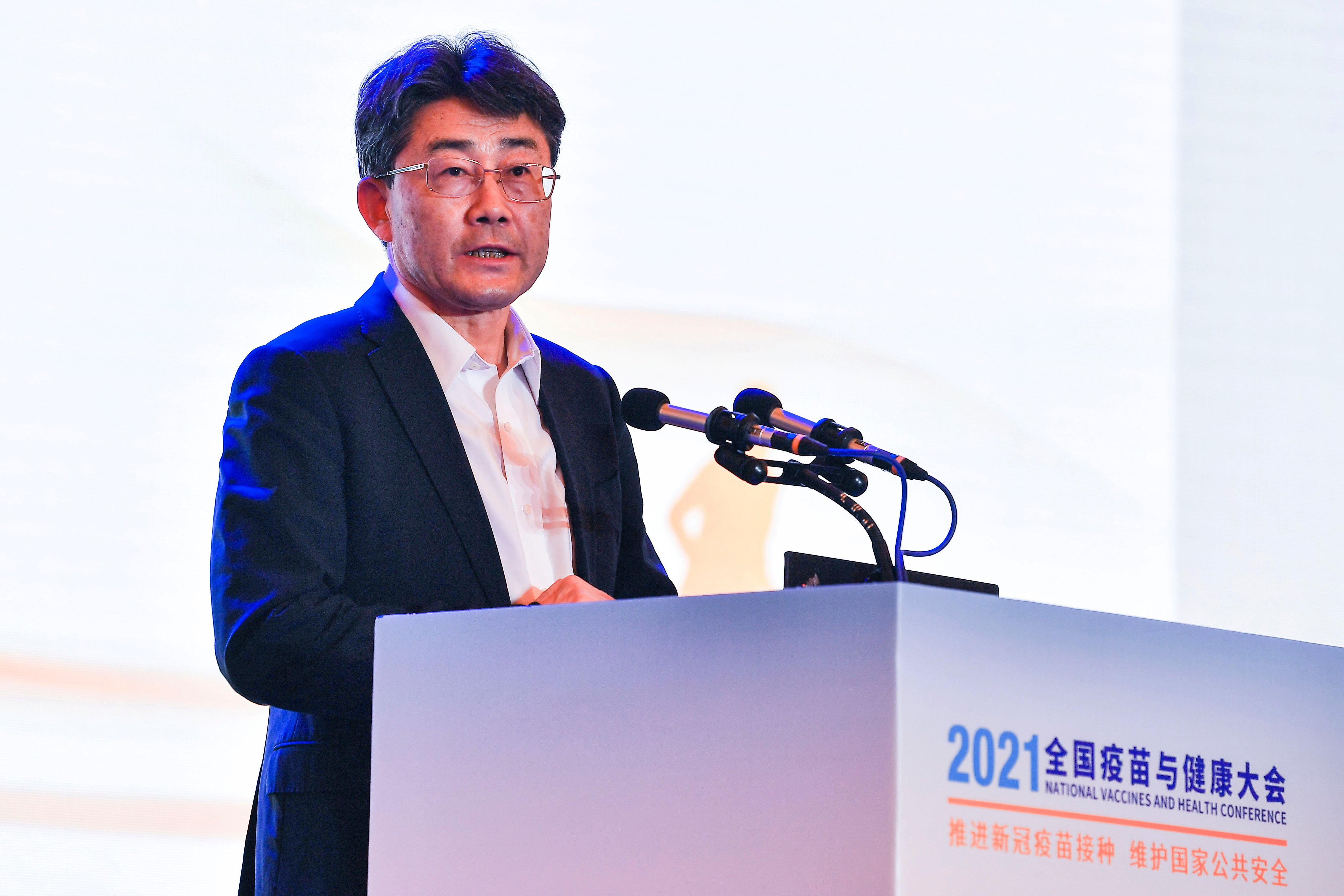China considers mixing its Covid-19 vaccines to make them more effective
Chinese vaccines ‘don’t have very high rates of protection’ its top official admits

China is considering mixing its Covid-19 vaccines as a way of boosting their efficacy, the country’s top disease control official has said.
Available data shows Chinese vaccines lag behind others including Pfizer and Moderna in terms of efficacy, but have less onerous storage requirements.
Hungary, Serbia, Turkey and Brazil are among the countries using vaccines from China, including jabs made by Sinovac, a private company, and state-owned Sinopharm.
Sinovac efficacy was found to be as low as 50.4 per cent by researchers in Brazil, near the 50 per cent threshold at which health experts say a vaccine is useful. By comparison, the Pfizer-BioNTech vaccine has been found to be 97 per cent effective.
Gao Fu, director of the Chinese Centres for Disease Control and Prevention, told a conference in the southwestern city of Chengdu that current Chinese vaccines “don’t have very high rates of protection”.
Steps to “optimise” the vaccines include changing the number of doses and the length of time between doses.
"It is now under formal consideration whether we should use different vaccines from different technical lines for the immunisation process," he said.
Beijing has distributed hundreds of millions of doses abroad while trying to sow doubt about the effectiveness of the Pfizer-BioNTech vaccine made using the previously experimental messenger RNA, or mRNA, process.
Officials at a news conference Sunday didn’t respond directly to questions about Mr Gao’s comment or possible changes in official plans. But another CDC official, Wang Huaqing, said developers are working on mRNA-based vaccines.
“The mRNA vaccines developed in our country have also entered the clinical trial stage,” he said.

Researchers in Britain are studying a possible combination of Pfizer-BioNTech and the AstraZeneca vaccine.
Beijing has yet to approve any foreign vaccines for use in China.
As of 2 April, 34 million Chinese people have received both of the two doses required for Chinese vaccines and about 65 million have received one.
Separately, US secretary of state Anthony Blinken said on Sunday that China’s failure to provide access to global health experts made the pandemic worse than it might have been.
China’s lack of transparency allowed the virus to get “out of hand faster,” he told NBC’s Meet the Press.
WHO director general Tedros Adhanom Ghebreyesus said on 30 March that data was withheld from investigators who traveled to China to research the origins of the pandemic.
Additional reporting by AP and Reuters.
Join our commenting forum
Join thought-provoking conversations, follow other Independent readers and see their replies
Comments
Bookmark popover
Removed from bookmarks